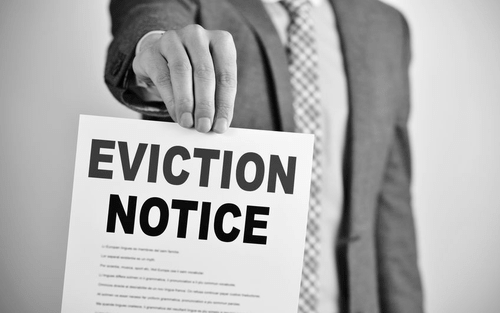With a few exceptions, most industries have felt the effects of the COVID-19 pandemic over the course of the last year. Among those who have been burdened are landlords.
The CDC moratorium prohibiting certain evictions put many landlords in a tough position. The inability to evict continues to have negative consequences for some rental property owners, such as a diminished cash flow.
The good news is that the moratorium expires at the end of March. The not-so-good news is that the moratorium has been extended a handful of times over the course of the last year. However, landlords in some states including New York and Texas have challenged the constitutionality of the moratorium. If successful in their suits, the moratorium would be eliminated in all states, regardless of whether an extension is granted.
What may not be widely known is that the CDC moratorium is not a ban on ALL evictions, and doesn’t apply to all tenants. It only prohibits evictions for unpaid rent, and the tenant must qualify by meeting certain requirements.
A tenant will only be protected under the moratorium if they meet the following requirements (among others, which are not listed here):
- The tenant used “best efforts” to obtain all available government assistance for rent or housing;
- The tenant expects to earn under $99,000 over the next year;
- The tenant is unable to pay the full rent amount due to a substantial loss in income;
- The tenant is using his/her best efforts to make timely partial payments that are as close to the full payment as the circumstances may permit;
- The tenant filled out a CDC declaration form stating that they are unable to pay rent, and signed the form under penalty of perjury; and
- The tenant provided the landlord with the documentation.
If a tenant fails to meet all of the criteria, he/she can potentially be evicted.
It is also worth noting that the moratorium does not pertain to the breach of lease terms that are unrelated to rent payments. For example, the moratorium doesn’t apply to domestic disputes, disturbing the peace of other tenants, destruction of property, criminal behavior, etc.
In the coming months, the restrictions on evicting tenants are certain to change as states begin to remove restrictions.
If you have an unresolved dispute with a tenant, contact our Real Estate Team today!








